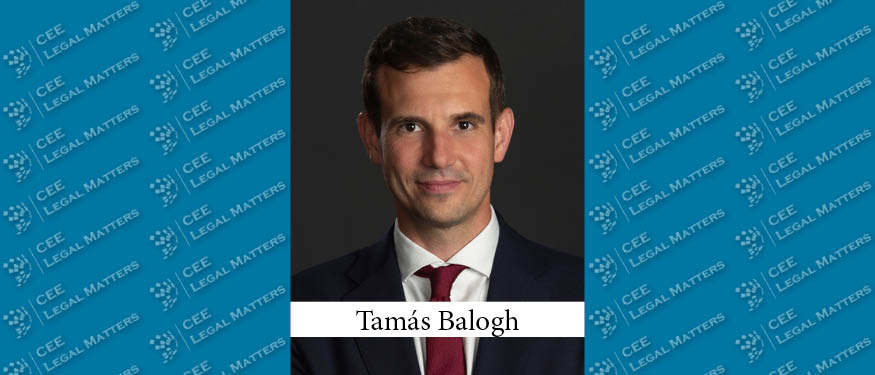In recent months, we have seen several regulatory initiatives impacting the Czech online business environment. There is a lot to unpack, which is why we have prepared a series of Legal Insights to help you understand what will change in 2023.
Today, our series continues with the amendments to the Consumer Protection Act and the Civil Code focusing on measures against fake consumer reviews.
Fake reviews
The fight against fake reviews is behind the changes introduced in the amendment to Act No. 634/1992 Coll., on Consumer Protection, and Act No. 89/2012 Coll., Civil Code (the "Amendment"). Until now, biased reviews were often created by employees of the e-shop itself or persons hired by them.
The Amendment explicitly states that a seller publishing fake consumer reviews and recommendations (or arranging for other people to do so) or misrepresenting consumer reviews and recommendations on social media in order to promote a product or service is expressly considered a prohibited commercial practice. Until now, this practice was unlawful only if additional general elements of unfair competition were present. In contrast, after the adoption of the Amendment, this activity is now explicitly mentioned as an unlawful commercial practice.
The Amendment also included the practice of systematically deleting negative reviews while keeping only the positive ones among unfair prohibited practices. Therefore, the seller must newly state on its website exactly how the posted consumer reviews are verified in order to ensure that they are written by consumers who purchased or used the reviewed products. The seller must also put these measures into practice.
Businesses must now state for each review on their e-shop whether it is verified or not and explain how they verify the review. Review verification means that the e-shop can link a specific review to a specific customer who has bought or used the product. In practice, businesses will need to update or implement rules for so-called "moderation" (editing) of consumer reviews, in which the e-shop will have to indicate basic conditions for the use of reviews and their deletion. The rules will have to explicitly state the process for verifying reviews, such as entry of an order number when publishing a review, the insertion of a review via an e-mail prompt after a purchase has been made, the insertion of reviews under an e-shop user account, etc.
Aims and enforcement
The aim of the relevant EU legislation (implemented by the Amendment) is to force operators of relevant websites to take real steps to ensure that consumer reviews are indeed published by the actual consumers and that the reviews are not distorted, either by fictional reviewers or by users reviewing the product before actually using it (and awarding only one star just because they did not use the product yet).
Not every review must be checked, but then the e-shop must not mark the relevant review as verified.
Merchants must definitely comply with the new rules on their own websites (such as e-shops, online marketplaces, online comparison sites or second-hand portals), in their profiles and posts on social networks or other places where they themselves provide access to reviews. If you operate one of these, you should take steps to comply now. However, you are not obliged to monitor discussion forums or other platforms operated by third parties and determine where the product reviews came from.
The Czech Trade Inspection Authority (CTIA) may punish violations of the above-mentioned rules with a fine of up to CZK 5m. However, it rarely imposes such high penalties. Fines of tens of thousands of crowns, or at most hundreds of thousands, are much more common. The largest fine for unfair commercial practices in connection with fake reviews was levied last year. It was a fine of CZK 750,000 on an e-shop that deleted negative reviews while leaving positive ones. Higher penalties are especially likely if the violation is repeated. The CTIA update the list of risky e-shops at www.rizikove.cz.
Conclusion
The Amendment brings several changes that will affect businesses and consumers. It will be important for businesses to familiarise themselves with the changes applicable to the publishing of consumer reviews and to set up internal processes for their verification. Businesses also will need to adjust their processes, terms and conditions and privacy policy.
By Libuse Docekalova and Stanislav Bednar, Attorneys at Law, Natalie Dubska, Associate, Schoenherr
















